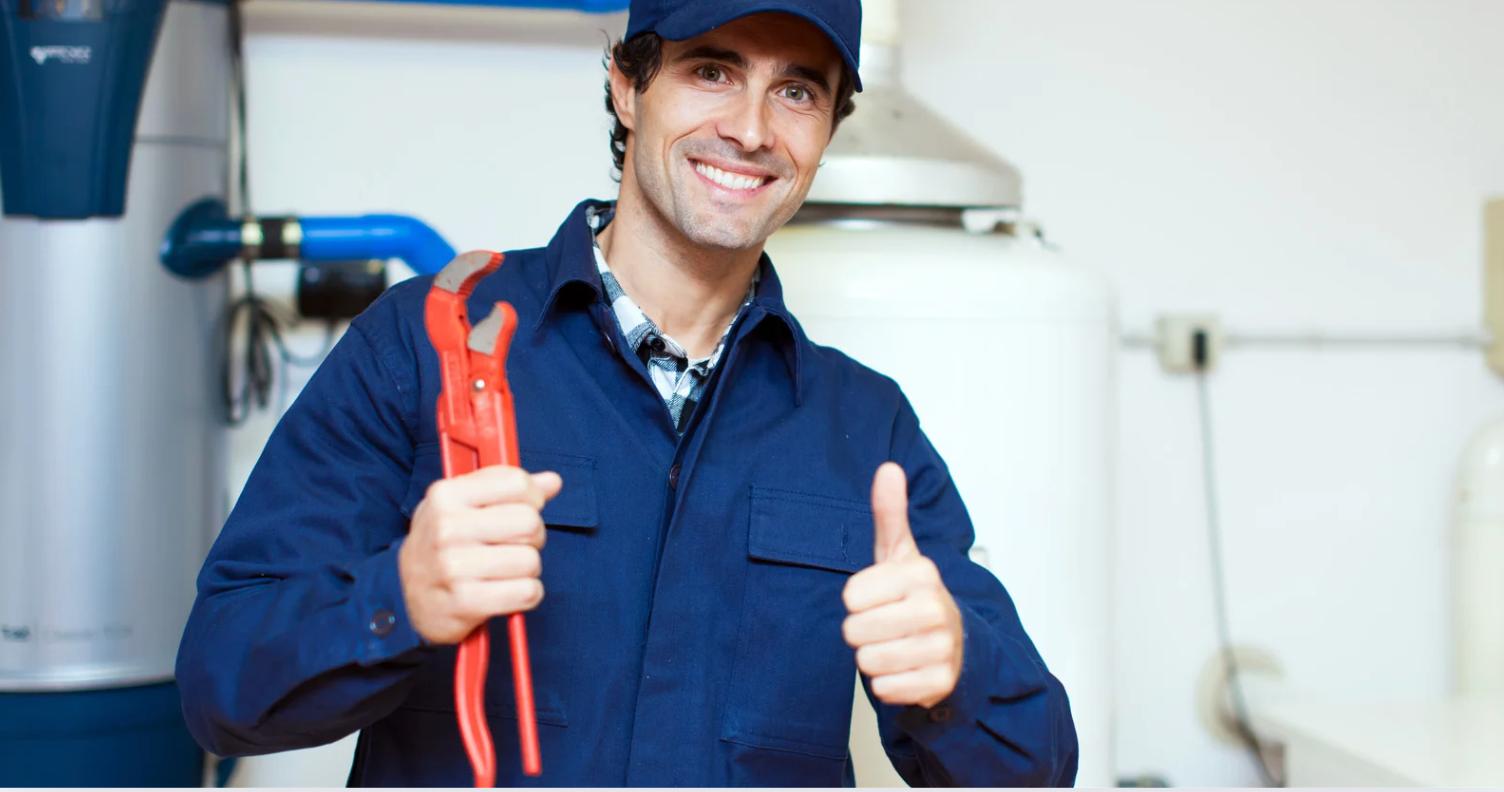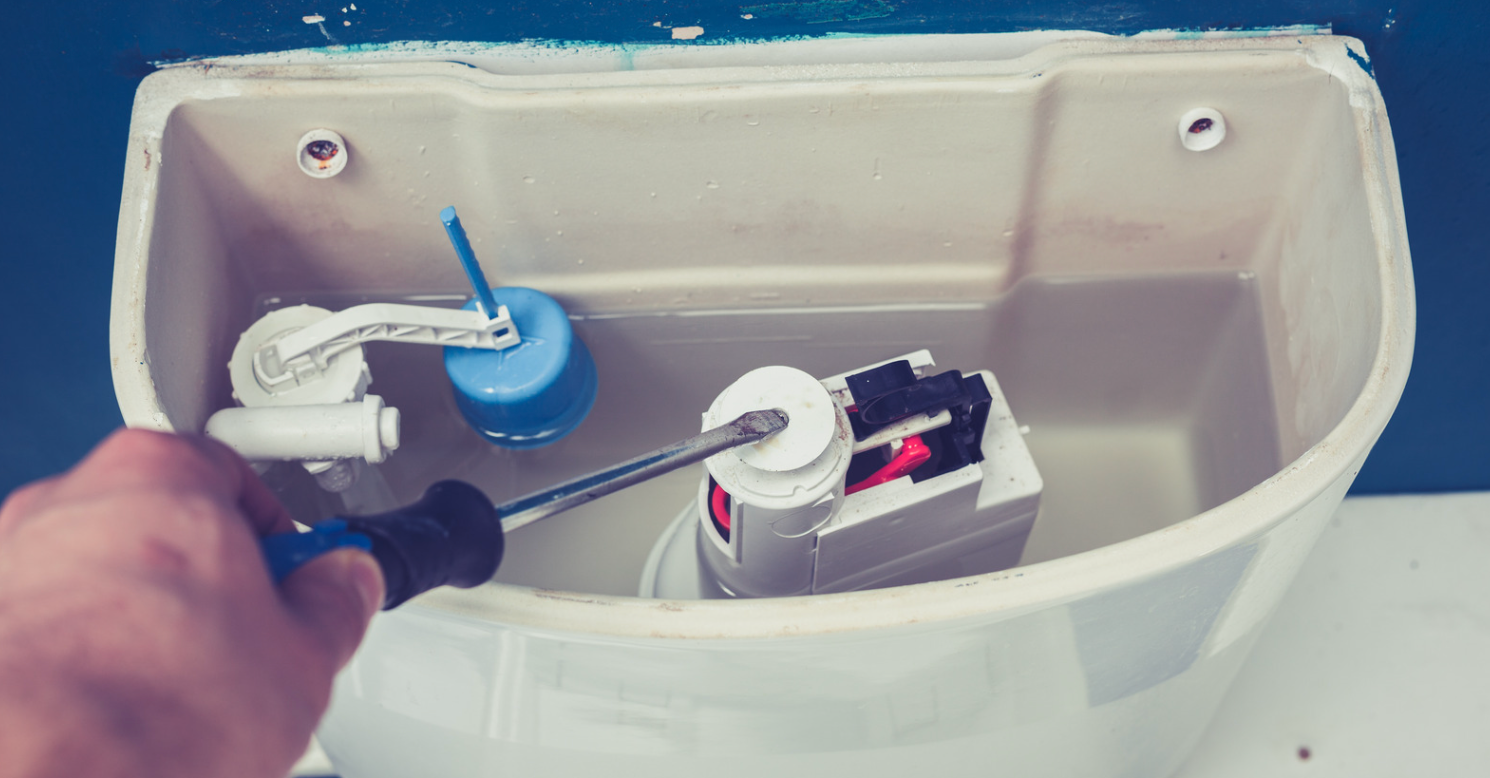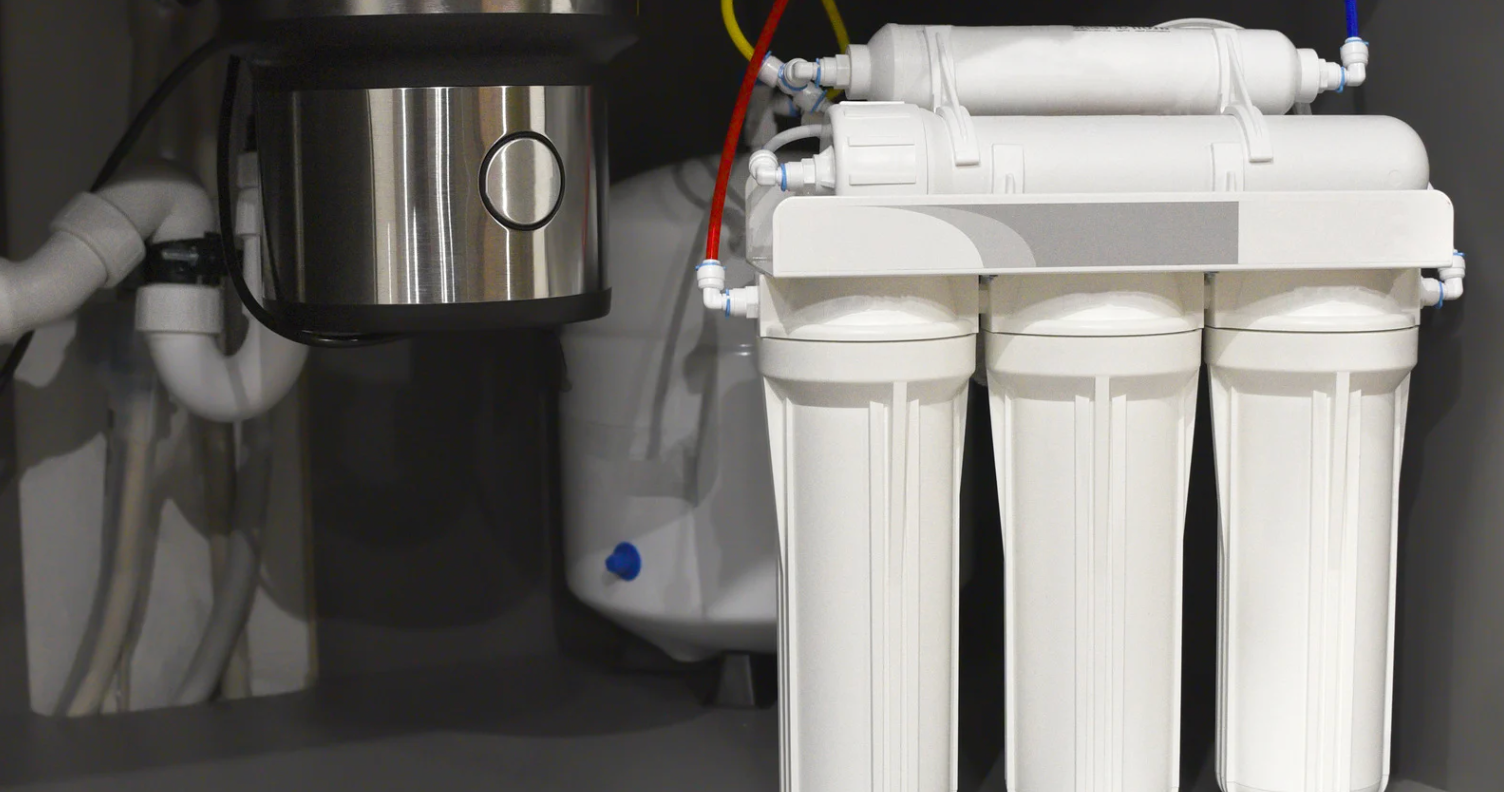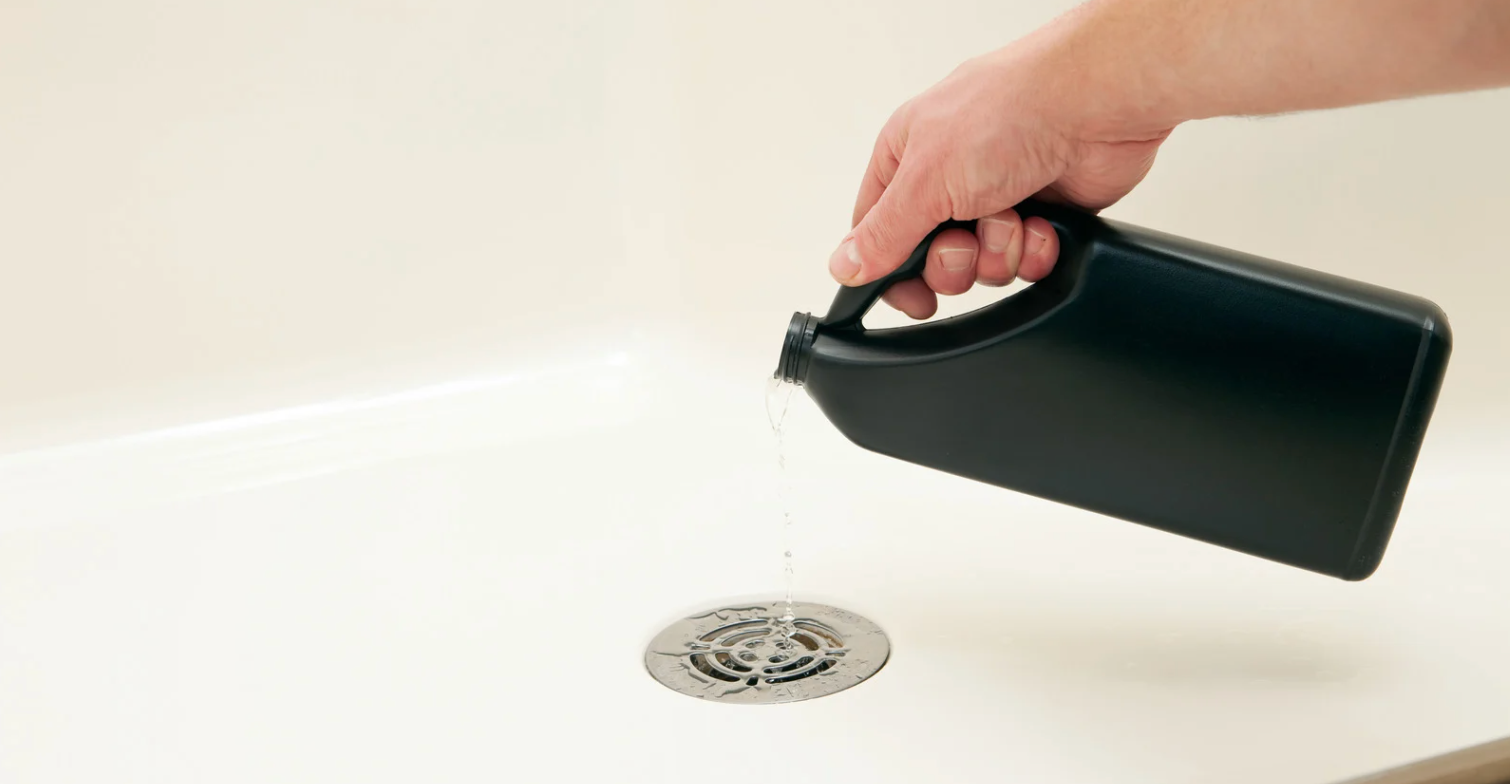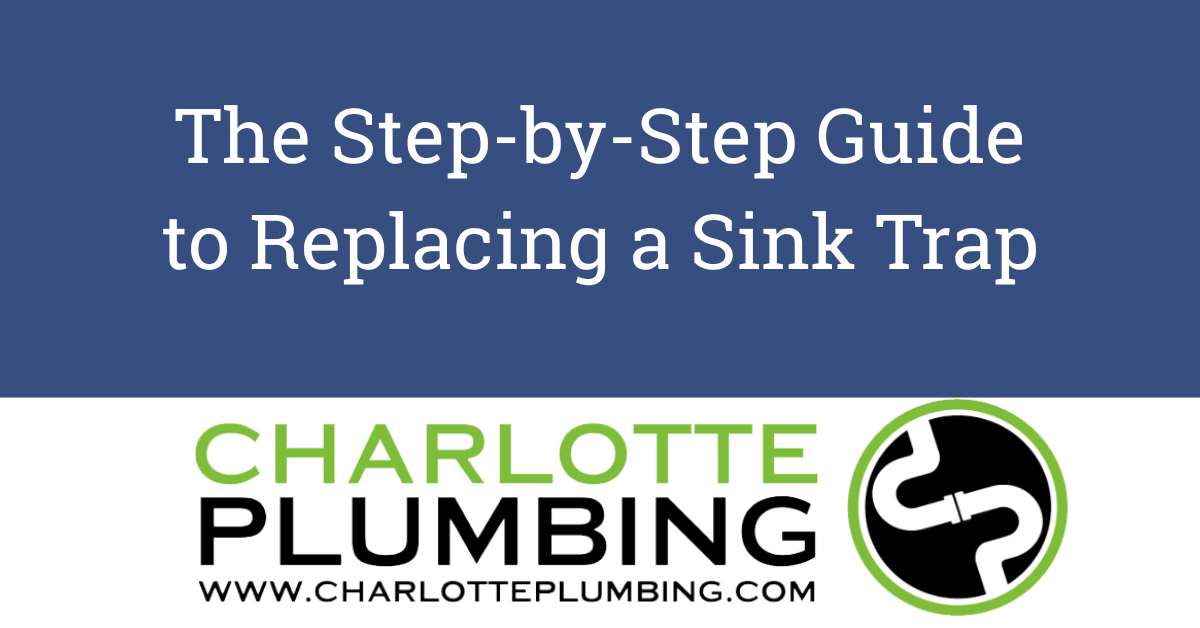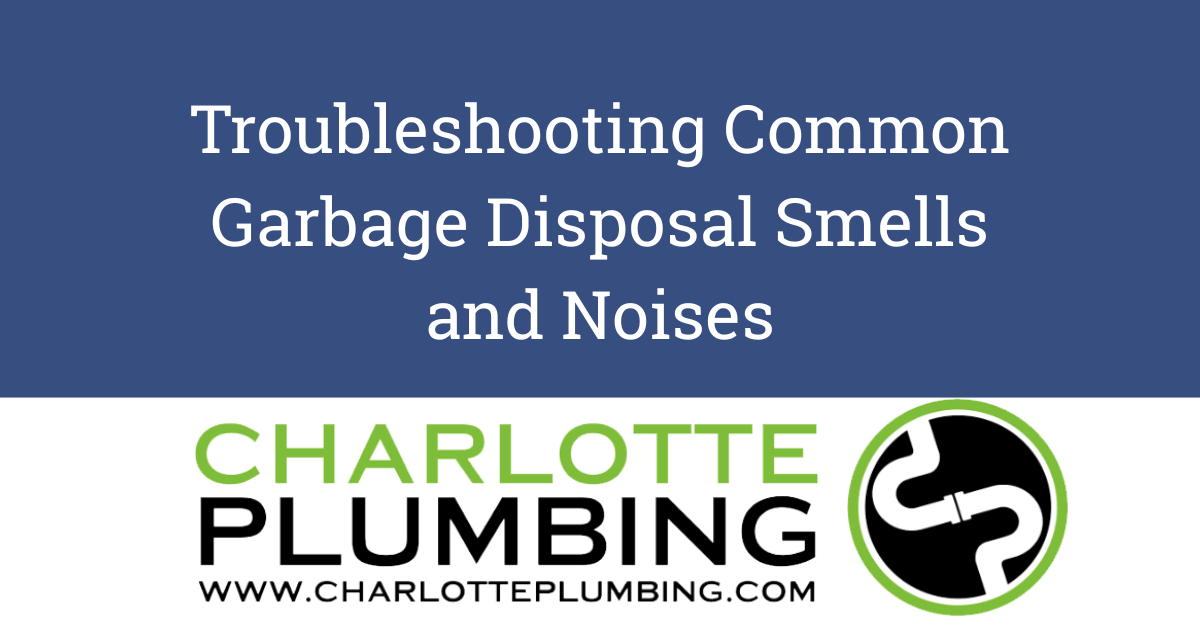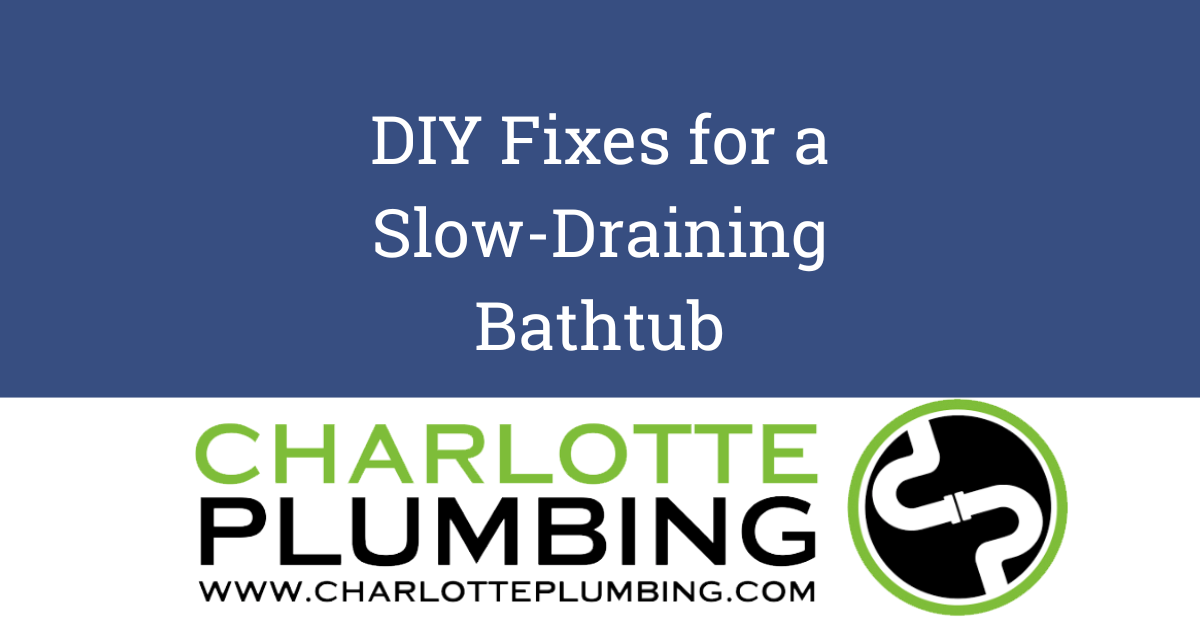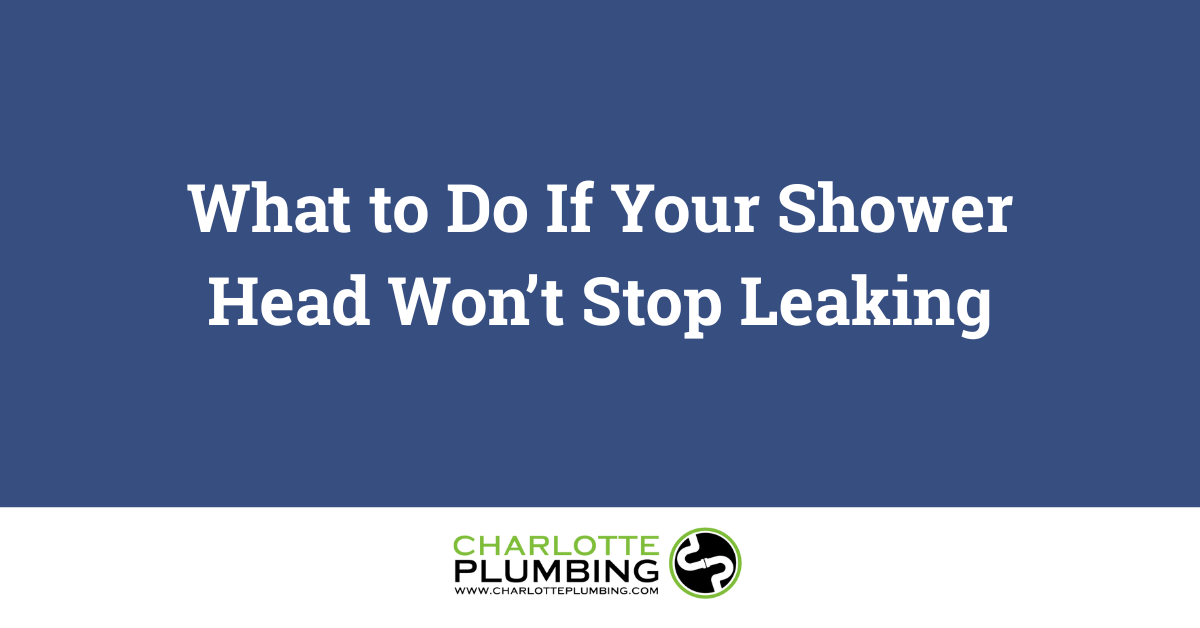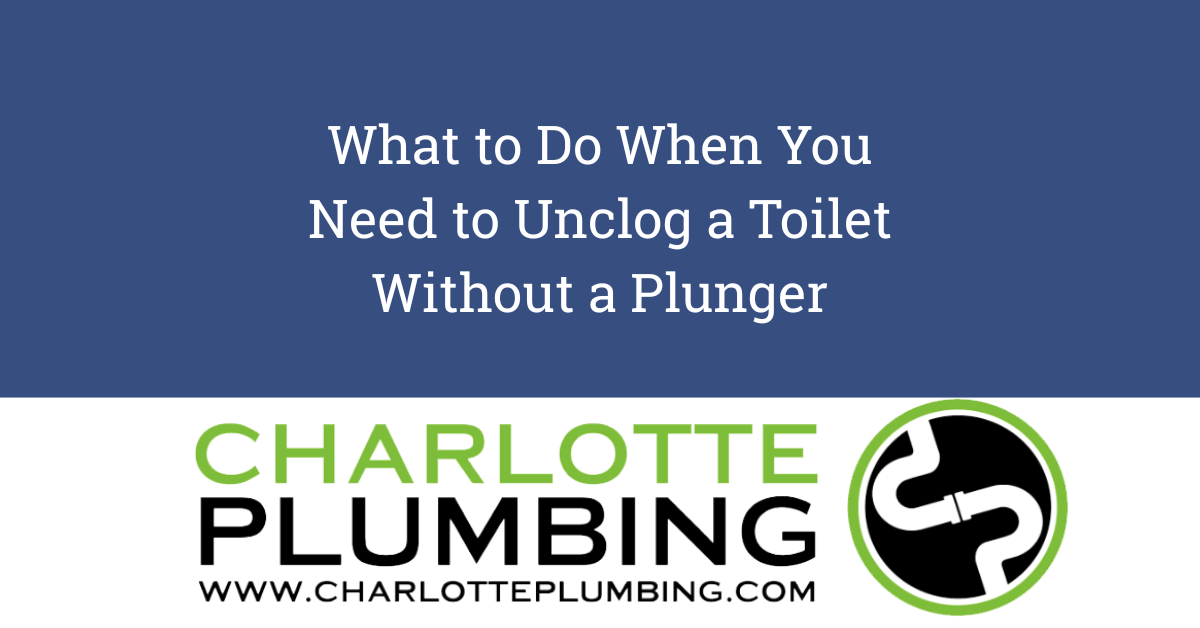Answers to the Most Common Sump Pump Questions
As a homeowner, ensuring your property is protected from water damage is of utmost importance. One crucial component in this defense against flooding is the
sump pump. Sump pumps are designed to remove excess water from basements and crawl spaces, preventing water buildup and potential damage to your home. Let Charlotte Plumbing's professionals answer some of the most frequently asked questions about sump pumps to help you better understand their operation and maintenance.
Can I Unplug My Sump Pump?
It is not recommended to unplug your sump pump regularly. The primary purpose of a sump pump is to be ready to act when water levels rise unexpectedly. Keeping it plugged in ensures it can activate automatically when needed. However, you can unplug it for maintenance purposes or if you are leaving for an extended period. If you plan to be away from home, it's essential to have a backup power source, such as a battery backup system, to ensure continuous protection during power outages.
Do Sump Pumps Have Reset Buttons?
Generally, sump pumps do not have reset buttons. If your sump pump stops working, it could be for various reasons such as a stuck float switch, clogged impeller, or electrical issues. To troubleshoot the problem, check the power supply, inspect the float switch, and clear any debris from the pump's inlet. If these steps don't resolve the issue, it's best to consult a professional plumber to diagnose and repair the pump.
How Do I Restart a Sump Pump?
If your sump pump stops working and there is no visible damage, follow these steps to restart it:
- Step 1: Ensure the sump pump is still plugged in and the power source is functioning correctly.
- Step 2: Check the circuit breaker or fuse box to ensure there are no tripped breakers or blown fuses.
- Step 3: Inspect the float switch for any obstructions or debris that might be preventing it from moving freely.
- Step 4: Verify that the discharge pipe is clear and not frozen or blocked.
- Step 5: If the pump has a separate GFCI (Ground Fault Circuit Interrupter) plug, make sure it has not tripped. Reset it if necessary.
If the sump pump still doesn't restart after these steps, call a professional plumber for further assistance.
How Far From the House Should the Sump Pump Discharge?
The sump pump should discharge water at least 10 to 20 feet away from the house's foundation. This distance is sufficient to prevent the water from seeping back into the basement or crawl space. The ideal location for the discharge point is a downhill slope away from the property, ensuring proper water drainage.
Are Sump Pumps Required by Code?
Sump pump requirements vary depending on local building codes and regulations. In areas prone to high water tables, heavy rainfall, or flooding, local building codes often mandate the installation of sump pumps in new constructions or basement renovations. It is crucial to check with your local authorities or a licensed plumber to determine whether a sump pump is required in your area.
Can I Unplug My Sump Pump Overnight?
Unplugging your sump pump overnight is generally not recommended, especially during periods of heavy rain or when there's a potential for flooding. Sump pumps are designed to run automatically and intermittently to keep the water level in check. Leaving it unplugged overnight could leave your basement vulnerable to water damage if unexpected flooding occurs.
Do Crawl Spaces Have Sump Pumps?
Yes, crawl spaces can have sump pumps. In fact, crawl spaces are particularly susceptible to moisture and water-related issues due to their proximity to the ground. Installing a sump pump in a crawl space helps to control groundwater and prevent moisture accumulation, mold growth, and potential structural damage.
How Deep Should a Sump Pump Discharge Line Be?
The sump pump discharge line should be buried below the frost line to prevent freezing during colder months. Typically, the discharge line is buried at least 12 to 18 inches below the ground surface. Burying the line also protects it from damage and ensures proper drainage away from the house.
Do Sump Pumps Run in the Winter?
Yes, sump pumps can run in the winter if there is a need for water removal. Winter conditions can lead to snowmelt or frozen ground, causing water to collect around the foundation. To ensure your sump pump operates effectively during the colder months, make sure the discharge line is clear and not frozen, and consider using a sump pump cover to prevent the pump from freezing.
Do You Need a French Drain with a Sump Pump?
While a sump pump can be effective in managing water in basements and crawl spaces, combining it with a French drain system can enhance its efficiency. A French drain can help collect and redirect water away from your property's foundation, reducing the workload on the sump pump. When used together, a French drain and sump pump create a robust water management system, providing extra protection against potential flooding.
Contact Charlotte Plumbing for Your Sump Pump Questions
Sump pumps are valuable assets for safeguarding your home against water damage and flooding. Understanding how they operate and knowing how to troubleshoot common issues will help you maintain a dry and secure living space. Remember to perform regular maintenance, including keeping the pump plugged in, checking for clogs or obstructions, and ensuring the discharge line is functioning correctly. In case of any concerns or persistent problems, don't hesitate to contact a professional plumber from Charlotte Plumbing to keep your sump pump in optimal condition!
